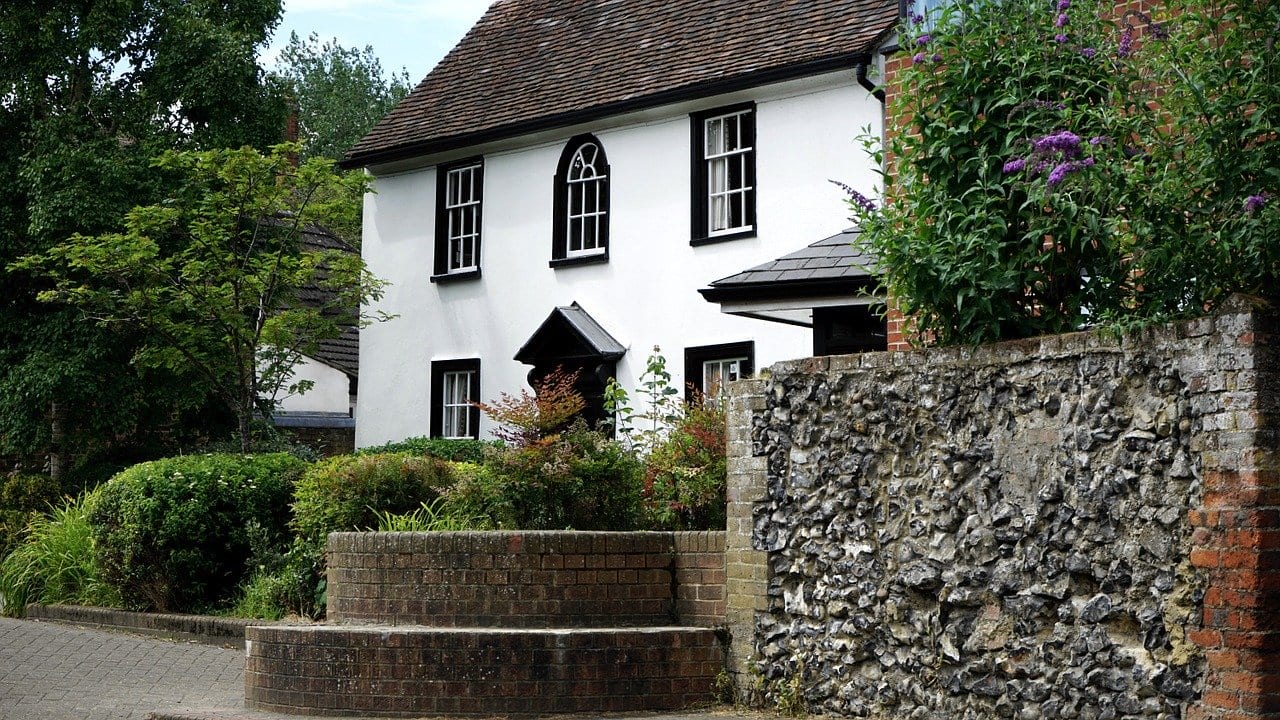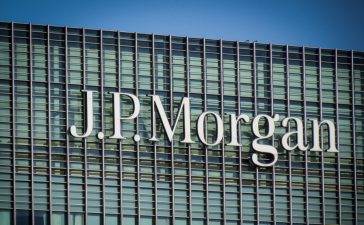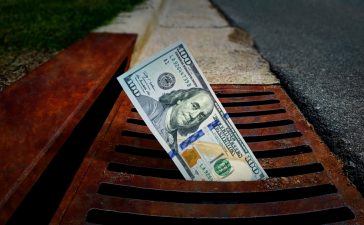Whether you want to buy a property as an investment or plan to use it for residential purposes, there are plenty of opportunities for foreign investment in UK residential property. However, as an overseas-based investor in the UK property market, it is necessary to make the right moves at the right time. It is necessary for the success of your foreign investment in UK residential property to know what to look for and where.
For example, BTL investors targeting the professional population of London as their tenants may prefer The City of London as the location for their property. As it is the city’s business and financial centre, professionals at the place will look for homes around the area.
If you have students as the target population for your foreign investment in UK residential property, then locations around universities and places of learning should be a priority.
Location and type of property – London
Although the whole of UK attracts property investors from all over the world, London is the prime attraction among investors. It is a big place and has all types of localities which include the expensive, good and the better ones. So, it is important to choose the locality for your foreign investment in UK residential property. Wealthy overseas investors often gravitate towards Prime Central London which include areas such as Mayfair, Westminster, Kensington and Chelsea.
Location and type of property – Rest of the UK
Apart from London, there are a number of areas across the UK which are popular among foreign property investors. These cities, too, have their own list of expensive areas and good ones. Even within these expensive and high-end localities there are good and better postcodes. As these areas are often the most-sought after among the rich non-UK property investors, there is a lot of competition. It requires expert knowledge and expertise to pull off a deal. Therefore, you should consider hiring the services of experienced property professionals for your foreign investment in UK residential property venture as they know the local market well. Moreover, as an overseas investor, you may lack the resources and data on the local property market, which is a precondition to success for foreign investment in UK residential property.
However, you can improve your chances of securing a property through a number of ways. Cash buyers are usually preferred over others. Those who are interested in closing the deal in a short period of time are also preferred by landlords. Alternatively, you can gain exclusive rights to buy the property for a certain period of time by entering into an exclusive agreement with the seller.
In the UK, due diligence is carried out before the signing of contract between the seller and the buyer. The process includes checking the title of the property, obtaining a survey, carrying out searches of the local and other authorities, obtaining information from the buyer and the freeholder/managing agent in the case of a flat and agreeing the terms of the contract. The buyer needs to make the deposit, which is usually 10 per cent, after the exchange of contracts between the two parties. Although, the deal can be completed on the day of exchange itself, it usually takes nearly a month for the deal to complete. During this period, the remaining legal matters are completed. When the deal is complete, the balance is paid by the buyer and title is transferred to the buyer who secures the possession of the property.
Value addition
Once you become the legal owner of the property, you can renovate the property to suit the purpose of your foreign investment in UK residential property. This value addition may include converting the property or redeveloping according to your requirements. You may require consent from the local authorities depending on the type of building and its intended use. If it is a leasehold property, you will need the consent of the freeholder. If the property is a house, the lease may be extended or you can buy the freehold. In the case of a flat, you can extend the lease. Alternatively, you can acquire the freehold along with owners of other flats in the same building, which is known as collective enfranchisement.
Flats
Flats in the UK almost always come with a lease. A long lease is a marketable title but you will not have the highest interest in the building as it is that of the freeholder. A flat may also come with ownership of a share in the freehold.
Lease
The value of the flat is partly dependent upon the length of the lease. A lease of 85 years or more is ideal. Usually, lenders look for leases of 60 years or more for mortgage purposes. Owners of a flat can extend the lease after living at the property for two years. The price of extending the lease depends on factors such as the length of the lease. However, if the right to lease is exercised at a time when there are less than 80 years to the lease, an additional sum needs to be paid to the freeholder.
Whether you are making foreign investment in UK residential property for the purpose of using it as your home, for occupation by a family member or as an investment with the aim of renting it out, investment in UK property is definitely a lucrative opportunity.
If it is for the purpose of investment, there is immense potential for booking profits out of UK property investment. You can rent the property to professionals, families or students, all of which hold the potential of high returns if they remain occupied for a larger part of the year. Each of these tenants categories come with their own advantages and disadvantages and you need to make sure which category of tenants meets your requirements and investment purposes.
Foreign investment in UK residential property ensures high rental yields which makes it an attractive proposition as it ensures a steady rental income which will help you in paying off your mortgage as well as benefit from a rise in the property’s capital value on exit.





